Career Description
Licensed Dental Hygienists can work in a variety of settings, including dental clinics, public health clinics, schools, long-term care facilities, hospitals, educational, and entrepreneurial positions. There is an extremely high demand for dental hygienists. Please visit the US Bureau of Labor Statistics for the most up-to-date salary information.
Program Information
With a Dental Hygiene degree from CLC, graduates are eligible to become licensed healthcare professionals. Dental hygienists are professionals who work as a team member in clinical dental settings and provide preventative, educational, and therapeutic services to patients to prevent cavities and gum (periodontal) disease and promote overall health. Duties of a dental hygienist include patient assessment and education, taking and interpreting radiographs and dental images, providing basic and advanced oral health care including oral prophylaxis (teeth cleaning) and non-surgical periodontal therapy, administering local anesthesia and nitrous oxide/oxygen inhalation sedation, and applying fluoride treatments. After learning skills in classroom and clinic settings, dental hygiene students will take the National Board Dental Hygiene Exam (NBDHE), a state Jurisprudence exam, and a clinical dental hygiene exam. Following successful completion of examinations, students apply for licensure in the state where they plan to practice. The Minnesota Board of Dentistry requires BCA and FBI criminal background checks and fingerprint analysis prior to initial licensure in the state of Minnesota. Due to the nature of the dental hygiene profession, students will be participating in a learning environment that has the potential of exposure to bloodborne pathogens. Students in the dental hygiene program are provided with written policy and instruction on infection control protocols to reduce the risk of disease transmission. The program complies with all institutional, local, state, and federal policies.
Program Outcomes
Graduates will be able to:
- Prepare graduates for academic and clinical proficiency in the dental hygiene scope of practice.
- Develop the knowledge and skills in utilizing evidence-based methods to assess, plan, implement, and evaluate dental hygiene treatment in the promotion of oral and systemic health to diverse populations and settings.
- Develop the skills to communicate effectively with patients, peers, and dental health team providers by utilizing professional oral and written communication skills.
- Promote ethical and professional behavior, consistent with American Dental Hygienist’s Association Code of Ethics.
Special Program Requirements
In addition to the program requirements, students must meet the following conditions in order to graduate:
- Students must achieve a grade of C or better in all Dental Hygiene (DEHY) Courses.
- College Cumulative GPA Requirement: cumulative grade point average (GPA) of credits attempted and completed at CLC must be at least 2.0.
- College Technical Core GPA Requirement: cumulative GPA of credits attempted and completed towards the technical core of the diploma or degree must be at least 2.0.
- Residency Requirement: students must complete 25% of their credits at Central Lakes College.
Accreditation
CLC’s Dental Hygiene program is designed in compliance with the Commission on Dental Accreditation (CODA) Standards and will provide the students with the essential knowledge and skills to successfully complete the written and clinical board exams for dental hygiene licensure. The program received Initial Accreditation status in 2025 by the Commission on Dental Accreditation (CODA).
You can contact CODA at this link CODA or:
211 East Chicago Avenue
Chicago, IL 60611
1-800-621-8099, extension 4653.
Central Lakes College is accredited by the Higher Learning Commission, a regional accreditation agency recognized by the U.S. Department of Education.
The Higher Learning Commission
230 South LaSalle Street, Suite 7-500,
Chicago, IL 60604-1411
http://www.ncahigherlearningcommission.org
Phone: 312.263.0456 / 800.621.7440
Admissions
- Admission into this program is highly competitive and requires a special two-step application process including application to CLC and a separate application for the dental hygiene program. The college may not be able to accept all applicants that meet the minimum admission standards. The top 15 applicants will be accepted for fall term.
- The dental hygiene program application window is open annually January 1 through March 1.
- Students must request official transcripts from non-Minnesota State colleges and universities attended. CLC’s Records & Registration Office must receive them before February 28.
- All prerequisite courses must be completed or registered for at time of application to the program. Only completed courses will receive a score on the application assessment form.
- Sciences must have been completed within the past five years from program start date. All sciences require a lecture and lab.
- All prerequisites must be completed with a grade of C or higher and a 3.0 cumulative GPA in the prerequisite courses prior to program start date.
- High school diploma or GED is required to be admitted to the program.
- Additional application consideration will be given for being a current Licensed Dental Assistant in Minnesota.
Upon acceptance to the program, the following information must be provided prior to program start date:
- CPR: Documentation of MN Board of Dentistry approved CPR with BLS; CPR must be current throughout the program OR completion of EMTS 1130 for 1 cr.
- Background Check: Any person who has direct contact with patients and residents at healthcare facilities licensed by the Minnesota Department of Health must have a criminal background check completed. Results of the study must be on file in the Dental Department before students begin their clinical experiences. Any student who does not pass the criminal background check will not be permitted to participate in clinical experiences, thereby rendering the individual ineligible to progress in the Dental Hygiene Program.
- Tuberculosis Testing: either a two-step TST or single IGRA test is mandatory.
- Immunizations Strongly Recommended by CDC: Hepatitis B, Influenza, Measles, Mumps, Rubella, Varicella-Zoster.
- If a student declines these vaccinations, they must sign a waiver of declination and provide a conscientious objector form.
- Job Shadow: highly recommended to complete dental office job shadow to ensure you explore the profession (recommended minimum 12 hours)
- Physical Exam: highly recommended to have a comprehensive physical exam, as dental hygiene is a physically demanding profession, with a potential risk of long-term musculoskeletal wrist, neck, and back concerns. Please consult with your medical provider.
Some courses may require students to meet College Placement Levels in reading, writing, and/or math. See an advisor for more information.
For insurance purposes, internships may require that students be 18 years old.
Transfer Opportunities
Broader career opportunities are available for Dental Hygienists with a bachelor’s degree in Dental Hygiene. Contact an advisor for assistance with transfer information for baccalaureate programs at other colleges. Admission requirements and course equivalencies may vary. We anticipate adding program articulation agreements in the near future.
Employment Statistics
For more information regarding employment statistics, career salary information and estimated job growth, follow the resource links below:
Career Center | Minnesota Dental Association
https://apps.deed.state.mn.us/lmi/ces/
http://www.bls.gov/ooh/home.htm
Salary information from indeed.com
The dental hygiene students will be ready to accept outside patients for dental hygiene services beginning in February 2026.
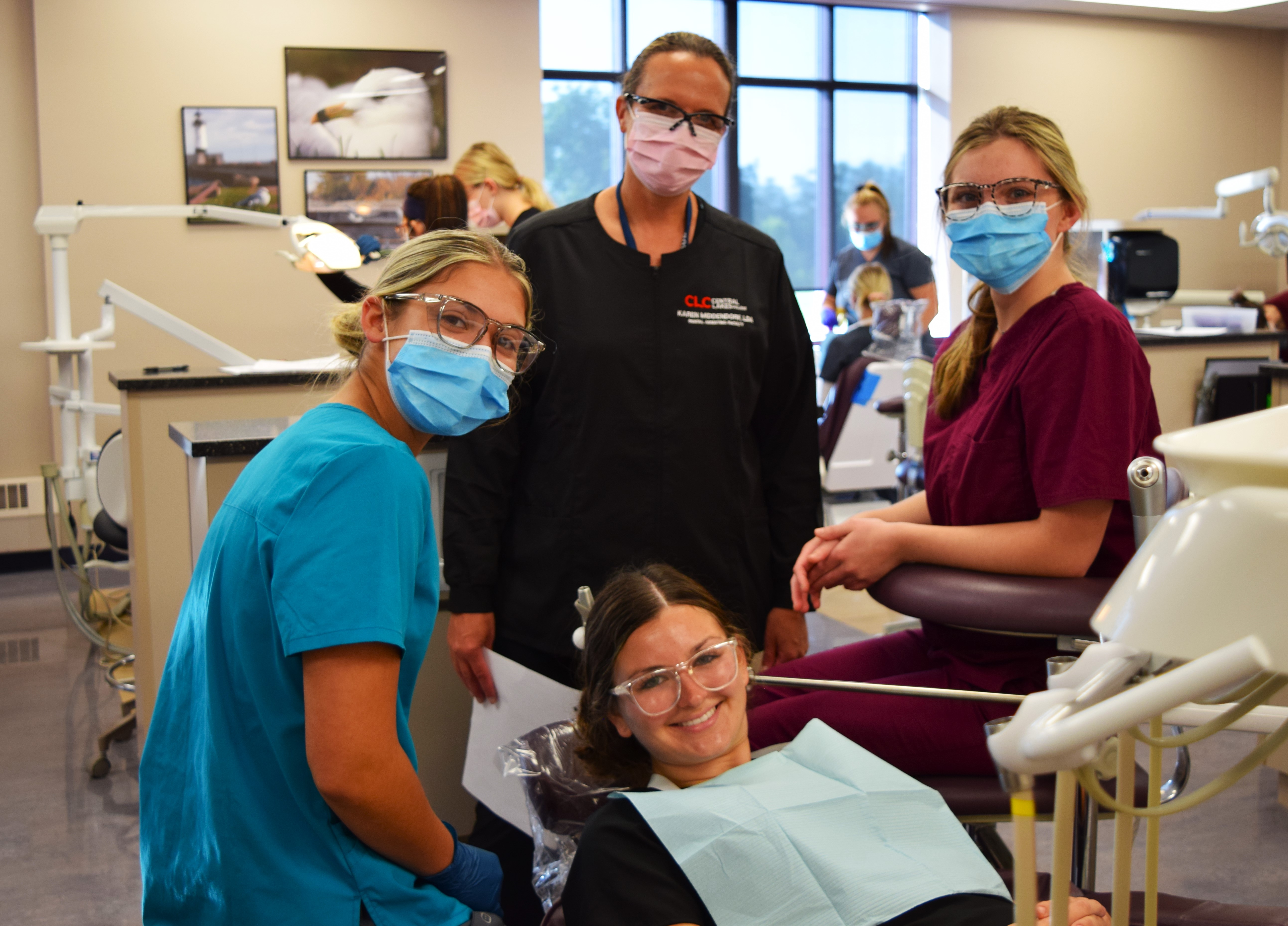
Program Course Requirements
Required MnTC Prerequisites (28 credits)
BIOL 2447* Fundamentals of Microbiology (Goals 3,8) OR
BIOL 2457* Microbiology (Goal 3), 4 cr
BIOL 2467* Anatomy and Physiology I (Goal 3), 4 cr
BIOL 2468* Anatomy and Physiology II (Goal 3), 4 cr
CHEM 1407 Life Science Chemistry (Goal 3), 4 cr
Any Oral COMM course (Goal 1), 3 cr
Any ENGL written course (Goal 1), 3-4 cr
Any PSYC course (Goal 5), 3-4 cr
Any SOCL course (Goal 5), 3 cr
All prerequisites must be completed with a grade of C or higher and a 3.0 cumulative GPA in the prerequisite courses prior to program start date.
All science courses must have been completed within the past 5 years from program start date. All science courses require a lecture and lab.
Required Discipline Courses (54 credits)
DEHY 1100 Dental Hygiene Principles I, 3 cr
DEHY 1102* Dental Hygiene Principles II, 2 cr
DEHY 1110* Dental Materials & Methods, 3 cr
DEHY 1114* Nutrition & Dental Hygiene, 2 cr
DEHY 1118 Dental Hygiene Radiology I, 3 cr
DEHY 1120 Head & Neck Anatomy, 2 cr
DEHY 1122* Dental Pharmacology, 2 cr
DEHY 1124 Dental Anatomy, Embryology & Histology, 2 cr
DEHY 1148* Dental Hygiene Radiology II, 1 cr
DEHY 1180 Dental Hygiene Practice I, 4 cr
DEHY 1185* Dental Hygiene Practice II, 4 cr
DEHY 2104* Dental Hygiene Principles III, 2 cr
DEHY 2106* Dental Hygiene Principles IV, 2 cr
DEHY 2128* Oral Pathology, 2 cr
DEHY 2145* Community Dental Health, 3 cr
DEHY 2160* Periodontology I, 2 cr
DEHY 2164* Periodontology II, 1 cr
DEHY 2168* Pain Management, 2 cr
DEHY 2186* Dental Hygiene Practice III, 6 cr
DEHY 2188* Dental Hygiene Practice IV, 6 cr
*Denotes Prerequisites
An A.A.S. degree requires a minimum of 15 credits selected from at least three of the ten goal areas of the Minnesota Transfer Curriculum (MnTC).
GRADUATION REQUIREMENT – 82 CREDITS
Program Instructors
| Photo | First Name | Last Name | Position | Department | Phone | Alt. Phone: | URL | wdt_ID | Details | |
|---|---|---|---|---|---|---|---|---|---|---|
 |
Aubrey | Beadell | Advisor | TRIOStudentSupportServices | (218) 855-8014 | aubrey.beadell@clcmn.edu | 1 | More details | ||
 |
Nick | O'Reilly | Occupational Skills Program College Lab Assistant | OccupationalSkills | 218-855-8077 | Nicholas.oreilly@clcmn.edu | 2 | More details | ||
 |
Kevin | Lomax | Automotive Lab Assistant | Automotive Faculty | 218-855-8000 | KLomax@clcmn.edu | 3 | More details | ||
 |
Jody | Flynn | Accessibility Services Assistant | Accessibility | 218-855-8056 | jody.flynn@clcmn.edu | 5 | More details | ||
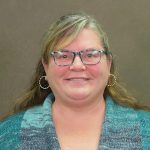 |
Deana | Bobzien | Instructor | CollegeCareerStudies - Mathematics - Supportive Services | 218-855-8339 | deana.bobzien@clcmn.edu | 7 | More details | ||
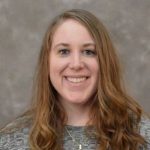 |
Brianna | Rajkowski | Advisor | TRIOStudentSupportServices | 218-855-8228 | brianna.rajkowski@clcmn.edu | 8 | More details | ||
 |
Tajia | Anderson | PSEO Specialist | Admissions - CollegeCreditInHighSchool- PSEO | (218) 855-8079 | tajia.anderson@clcmn.edu | 10 | More details | ||
 |
David | Gray | Instructor | History | 218-855-8189 | david.gray@clcmn.edu | 14 | More details | ||
 |
Jim | Nagy | Adjunct Instructor | GraphicDesign | 218-855-8157 | james.nagy@clcmn.edu | 15 | More details | ||
 |
Brandon | Schneider | Instructor | HeavyEquipment | 218-894-5179 | brandon.schneider@clcmn.edu | 16 | More details | ||
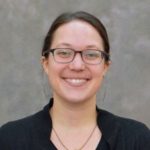 |
Natalia | DePauw | Director of Dual Enrollment | PSEO - CollegeCreditInHighSchool - Advising | 218-855-8263 | natalia.depauw@clcmn.edu | 18 | More details | ||
| Amy | Disterhaupt | Admissions Specialist | Admissions | 218-855-8250 | amy.disterhaupt@clcmn.edu | 20 | More details | |||
 |
Nick | Heisserer | Dean of Brainerd Career & Technical Programs | Administration | 218-855-8067 | nick.heisserer@clcmn.edu | 21 | More details | ||
 |
Matthew | Krueger | Environmental Health and Safety Officer | Maintenance - Security - Safety | 218-855-8115 | matthew.krueger@clcmn.edu | 22 | More details | ||
 |
Mark | Lindquist | Instructor | Music | 218-855-8203 | mark.lindquist@clcmn.edu | 23 | More details | ||
 |
Jeremy | Goddard | Bookstore/Print Shop | Bookstore Supportive Services | 218-855-8146 | Jeremy.Goddard@clcmn.edu | 25 | More details | ||
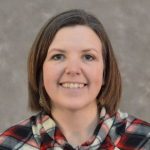 |
Sarah | Jennissen | Instructor | PracticalNursing | 218-894-5308 | sarah.jennissen@clcmn.edu | 26 | More details | ||
 |
Cash | Robinson | Academic Advisor | TRIOUpwardBound - Advising | 218-855-8035 | cash.robinson@clcmn.edu | 28 | More details | ||
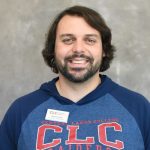 |
Ryan | Wright | Enrollment Representative | Admissions - CampusTours | 218-855-8013 | ryan.wright@clcmn.edu | 31 | More details | ||
 |
Steve | Wenzel | Instructor | PoliticalScience | 218-855-8073 | stephen.wenzel@clcmn.edu | 32 | More details | ||
 |
Julie | Woitalla | Instructor | NursingASDegree | 218-855-8168 | julie.woitalla@clcmn.edu | 33 | More details | ||
 |
Josh | Zaborowski | Upward Bound Advisor | TRIOUpwardBound - Assessment | 218-855-8032 | joshua.zaborowski@clcmn.edu | 35 | More details | ||
 |
Paul | Zimmerman | Instructor | Diesel Faculty | 218-894-5143 | paul.zimmerman@clcmn.edu | 36 | More details | ||
 |
Ed | Uhlenkamp | Instructor | FarmBusinessManagement | 218-894-5160 | edward.uhlenkamp@clcmn.edu | https://dynamicforms.ngwebsolutions.com/ShowForm.aspx?RequestedDynamicFormTemplate=32c40b45-028c-46d6-9f79-9c1edc503713 | 38 | More details | |
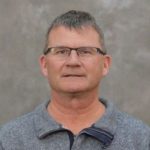 |
James | Velde | Instructor | FarmBusinessManagement | 218-234-3981 | james.velde@clcmn.edu | https://dynamicforms.ngwebsolutions.com/ShowForm.aspx?RequestedDynamicFormTemplate=cff3bff4-005f-4f5c-82a8-4c6aed02c8e9 | 39 | More details |
Photo:
First Name:
Last Name:
Position:
Phone:
Email:
